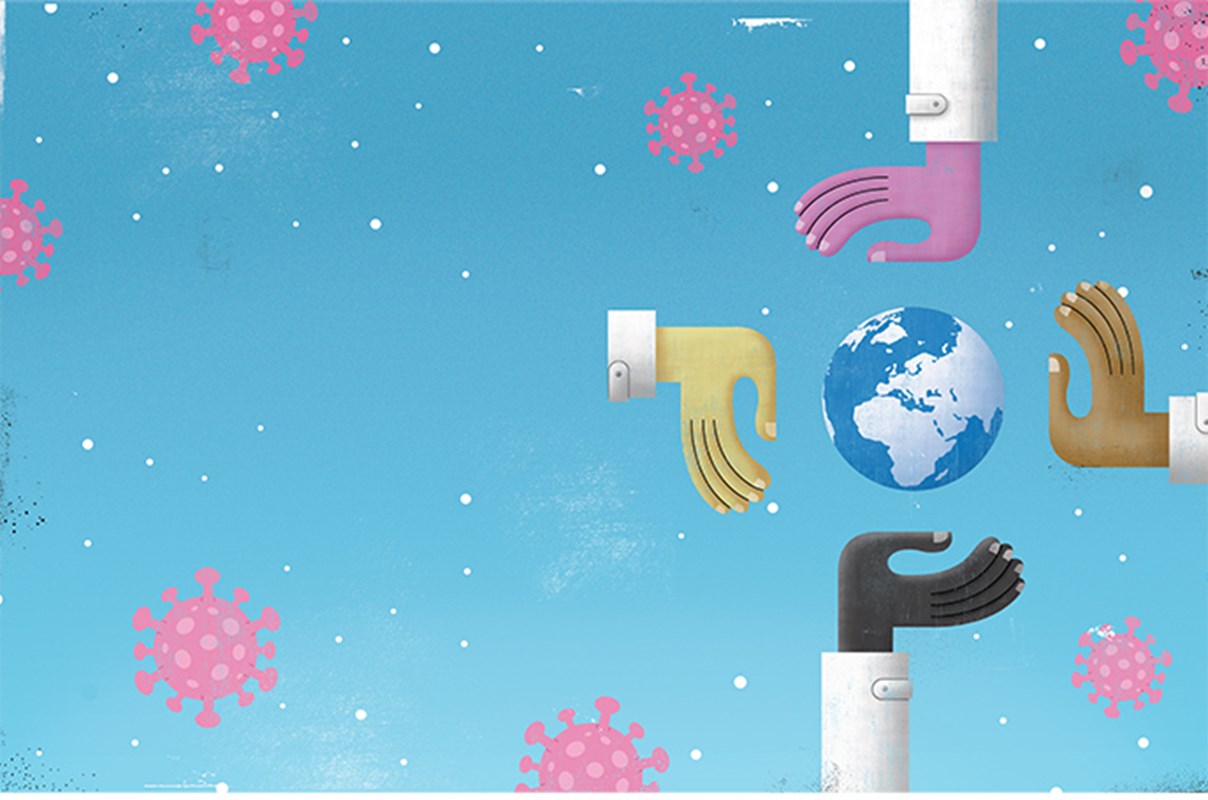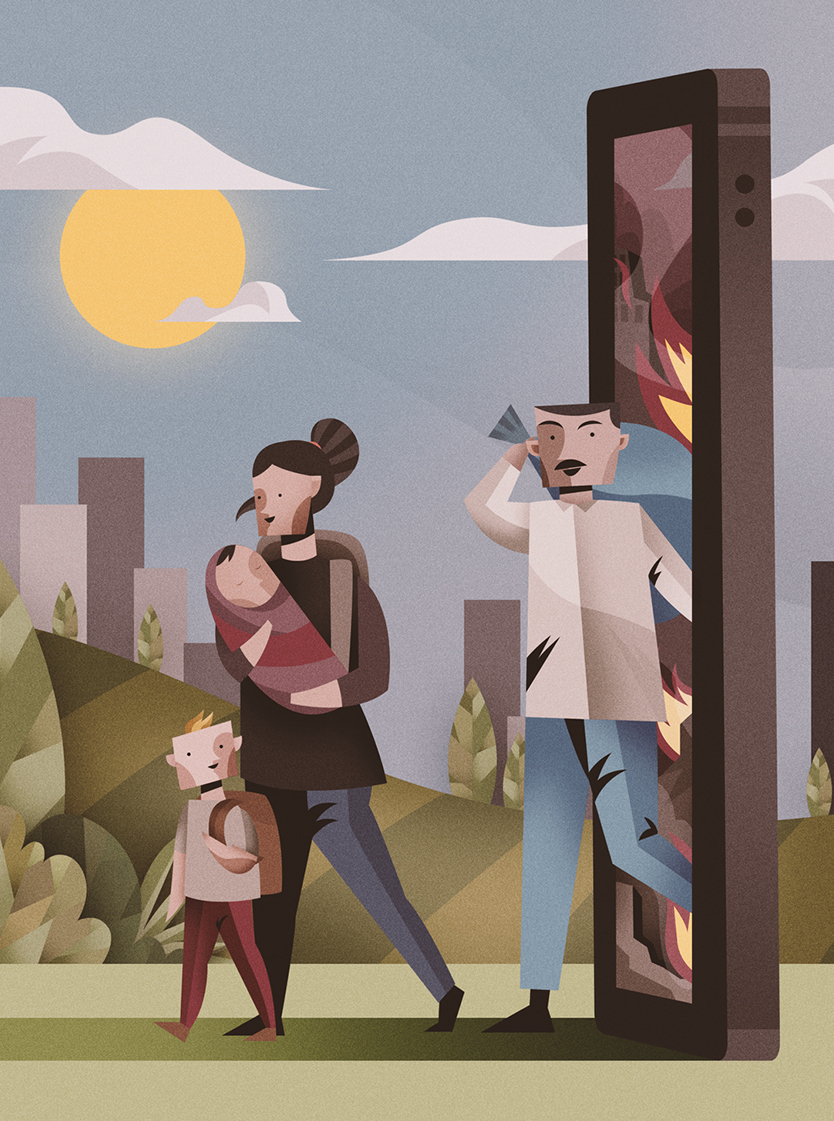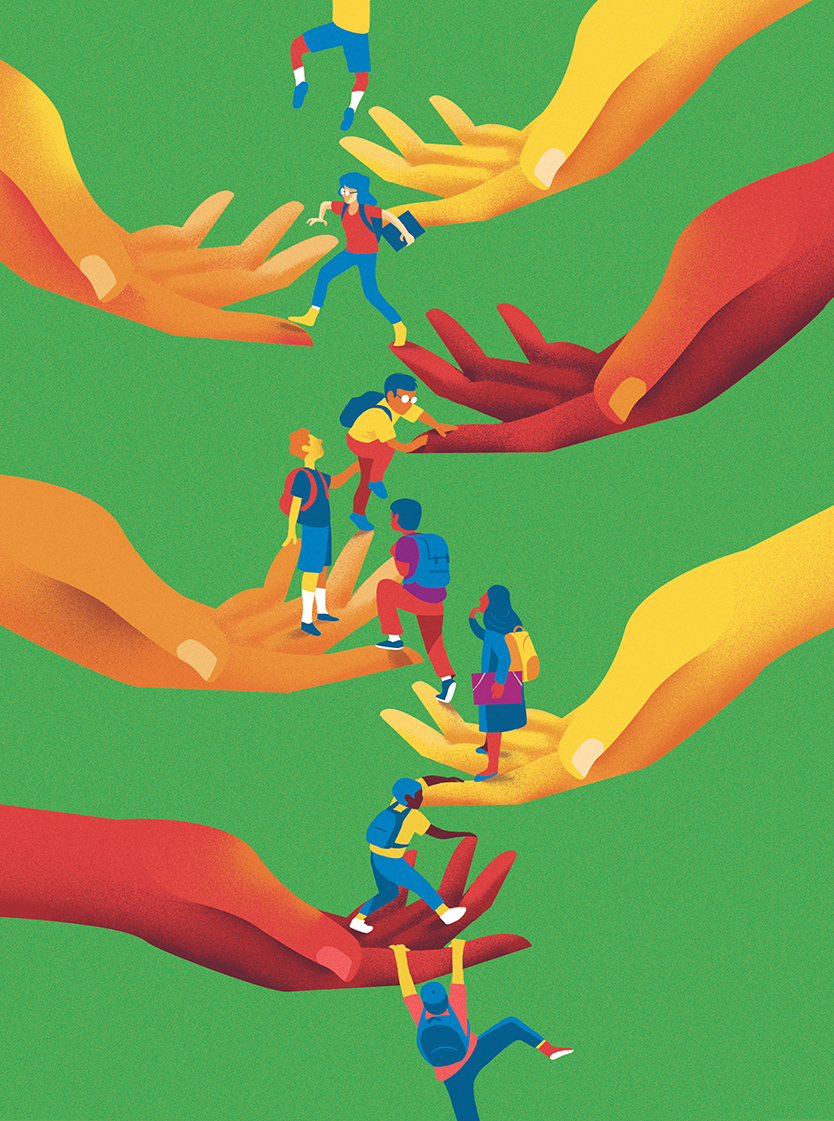Health as a universal right
By DR. Gro Harlem Brundtland

Davor Pavelic

There is nothing more important than investing in Universal Health Coverage, and COVID-19 has been a wake-up call, writes Dr. Gro Harlem Brundtland, the former Prime Minister of Norway. She also served as the director-general of the World Health Organization, and is a founding member of The Elders, the group of former world leaders who work for peace and human rights.
The Constitution of the World Health Organization, drafted in 1946 as the new international order underpinned by the United Nations was being established, envisages ‘the highest attainable standard of health as a fundamental right of every human being’.
More than ever, this means political leaders and policymakers need to develop a holistic view of health and promote Universal Health Coverage, so no-one is denied access to necessary care on financial grounds.
This approach is consistent with the recognition that the right to health is dependent not only on the provision of high-quality, accessible and publicly-funded care, but also on citizens enjoying other fundamental human rights including the right to food, education, housing, and clean air and water.
COVID-19 has shone a harsh light on the existing inequalities that scar our planet and blight public health. It has exacerbated the gap between rich and poor and has heightened the precarious economic and social condition of many marginalised and vulnerable groups.
The pandemic has also laid bare the interconnected nature of global risks, and the extent to which even well-resourced health systems can be rapidly overwhelmed when crises hit. Multilateral cooperation on prevention is always preferable to attempting to contain the impact of catastrophic crises after they have emerged.
A global crisis demands a global response. Yet the virus has struck at a time when the pre-existing crisis of multilateralism has made it significantly more difficult for leaders and institutions to respond effectively and save lives.

I served as the director-general of the World Health Organization (WHO) during the SARS crisis in 2002-3. I am therefore very conscious of the challenges that multilateral institutions face in persuading member states to respond in the international interest to such threats.
It is essential that countries support the WHO and provide it with the necessary funding to carry out its work, including through implementing the recommendations of the Global Preparedness Monitoring Board, of which I am a co-chair.
The WHO must be enabled to work on behalf of all humanity, acting solely on the best available scientific and medical evidence. It is self-evidently deeply unhelpful and counter-productive for the WHO to become a forum for political point scoring by member states in the pursuit of narrow national interests.
The virus will not be overcome unless all states work together, pooling resources and expertise to strengthen health systems, develop and distribute an effective vaccine, protect health workers and provide the necessary care to all who need it in society. This must particularly include vulnerable groups such as refugees, migrants, the elderly and infirm.
By the same token but beyond the specific debates about the response to the ongoing COVID-19 pandemic, ensuring the universal right to health requires a full spectrum of services ranging from health promotion, preventive and curative services to rehabilitative and palliative care.
This in effect is the definition of Universal Health Coverage (UHC), which I have fought for and promoted across my many decades in public life, and which is more important than ever in the face of a global pandemic.

UHC means that everyone on the planet receives the quality health services they need without suffering financial hardship. It is built on a foundation of rights and equity, and is best delivered through a publicly-financed health system where healthy, wealthy people help cover the costs of services for the sick and the poor.
The pandemic has reminded us of the moral and practical importance of solidarity, and of recognising the value of all members of society regardless of income or social status. Hospital cleaners, supermarket workers and delivery drivers have been as essential to maintaining social cohesion and public health as surgeons, ministers and epidemiologists.
As the global health community works to chart a way to a post-pandemic world, we need to translate this solidarity into practical policies and commitments. Governments in every part of the world must, as a priority, cover vulnerable groups including migrant workers and refugees as part of their UHC reforms.
In a global pandemic, we are all only as strong as the weakest link in our human chain. When outbreaks of COVID-19 occur among migrant workers living in cramped conditions, with inadequate protection at the workplace and poor access to even rudimentary health services, all of us are imperilled.

“The pandemic has reminded us of the moral and practical importance of solidarity”
DR. Gro Harlem Brundtland
The economic shocks of the pandemic around the world have the potential to be just as catastrophic and far-reaching as the virus itself, with the spectre of mass unemployment and a resurgence of protectionist trade policies. Governments will face complex and tough decisions about how best to allocate scarce public resources, but to my mind there is no better way to ‘build back better’ than investing in robust and comprehensive systems of UHC. COVID-19 has been a wake-up call for the world, showing us how far we are from achieving the right to health.
I welcome the approach of the World Health Organization, which has been explicitly integrating UHC with improving health security and building healthy societies, through tackling the social determinants of health. Only such an integrated approach to developing health systems will enable us to withstand COVID-19 and future pandemics.
A renewed commitment to health as a fundamental right is essential if global leaders are to meet their commitments under the United Nations Sustainable Development Goals by 2030, which are the best guarantee we have for a safe, healthy future for the people of the world today, and the generations to follow.








